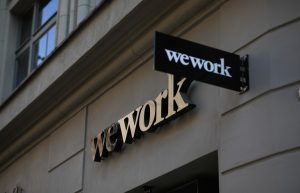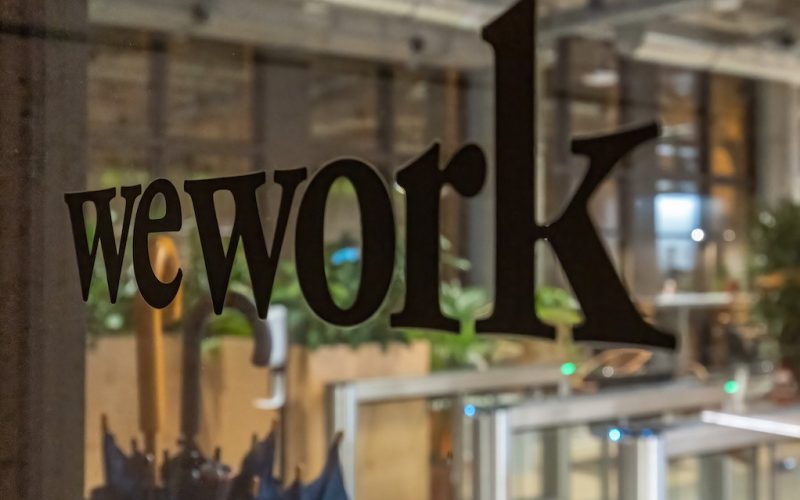Understanding WeWork’s Business Model
WeWork, a commercial real estate company, has revolutionized the traditional office leasing model. It operates on a shared workspace model, leasing large spaces, transforming them into beautiful workspaces, and subleasing smaller units to businesses and individuals. This model offers flexibility, fostering a sense of community among diverse professionals.
The Genesis of the Lease Amendment Saga
WeWork’s business model relies heavily on long-term leases. However, the company has been in the spotlight for its lease amendment practices. It has been reported that WeWork has sought to amend its leases, often resulting in reduced rents and extended lease terms. This practice has raised eyebrows in the commercial real estate industry, leading to what we now refer to as the “Lease Amendment Saga.”
Implications for Landlords
The amendments sought by WeWork have significant implications for landlords. Reduced rents can impact the profitability of landlords, and extended lease terms can limit their flexibility. Furthermore, these amendments can affect the valuation of the leased properties, potentially leading to financial implications for landlords.

Legal Perspectives on WeWork’s Lease Amendments
From a legal perspective, the lease amendments proposed by WeWork present a complex scenario. While lease amendments are not uncommon in commercial leasing, the scale and nature of WeWork’s proposed changes have led to legal debates. It’s crucial for legal professionals to understand the nuances of these amendments and their potential legal implications.
Case Study: A Landlord’s Experience
Consider the case of a landlord who leased a property to WeWork. After signing a long-term lease, WeWork proposed amendments that significantly reduced the rent and extended the lease term. The landlord, relying on the rental income, found this situation financially challenging. This case underscores the importance of understanding and negotiating lease terms carefully.
Navigating Lease Amendments: Tips for Landlords
For landlords dealing with lease amendments, it’s crucial to engage legal counsel to understand the implications fully. Landlords should also consider the financial impact of any proposed changes. It’s essential to negotiate terms that are mutually beneficial and protect landlords’ interests.
The Future of Commercial Leasing Post-WeWork
The WeWork saga has undoubtedly sent ripples through the commercial leasing industry. It has highlighted the need for transparency and fair practices in lease agreements. As the industry navigates the post-WeWork era, landlords, legal professionals, and tenants alike must work towards a more sustainable and equitable leasing ecosystem.












